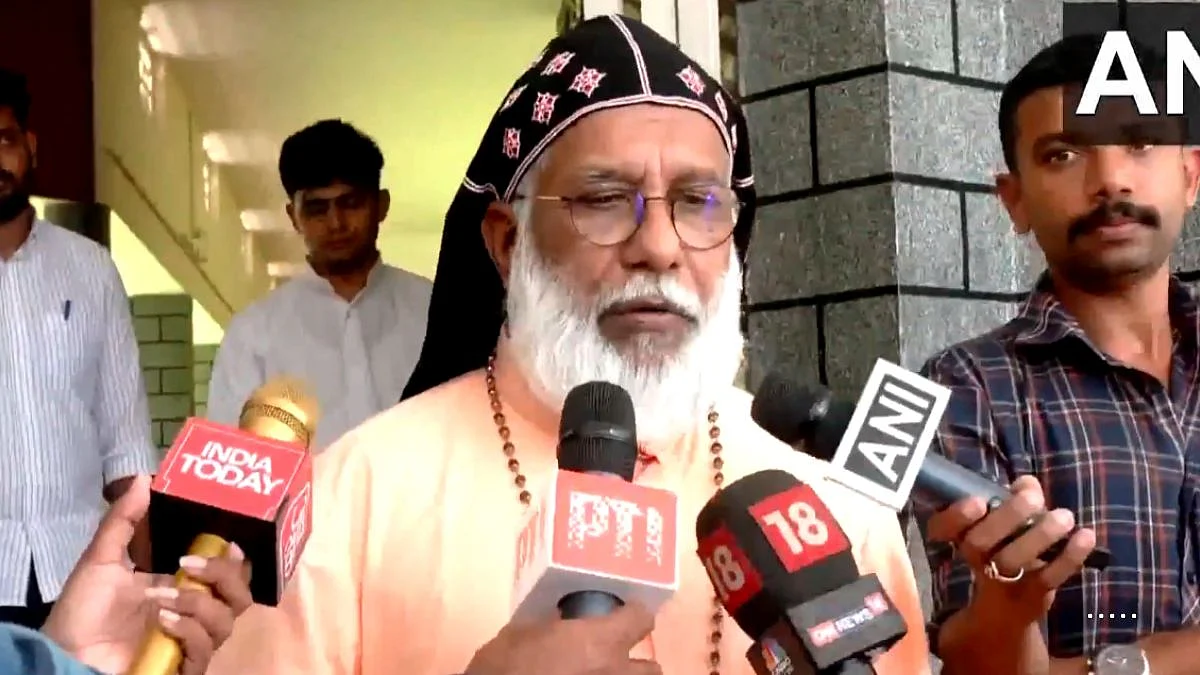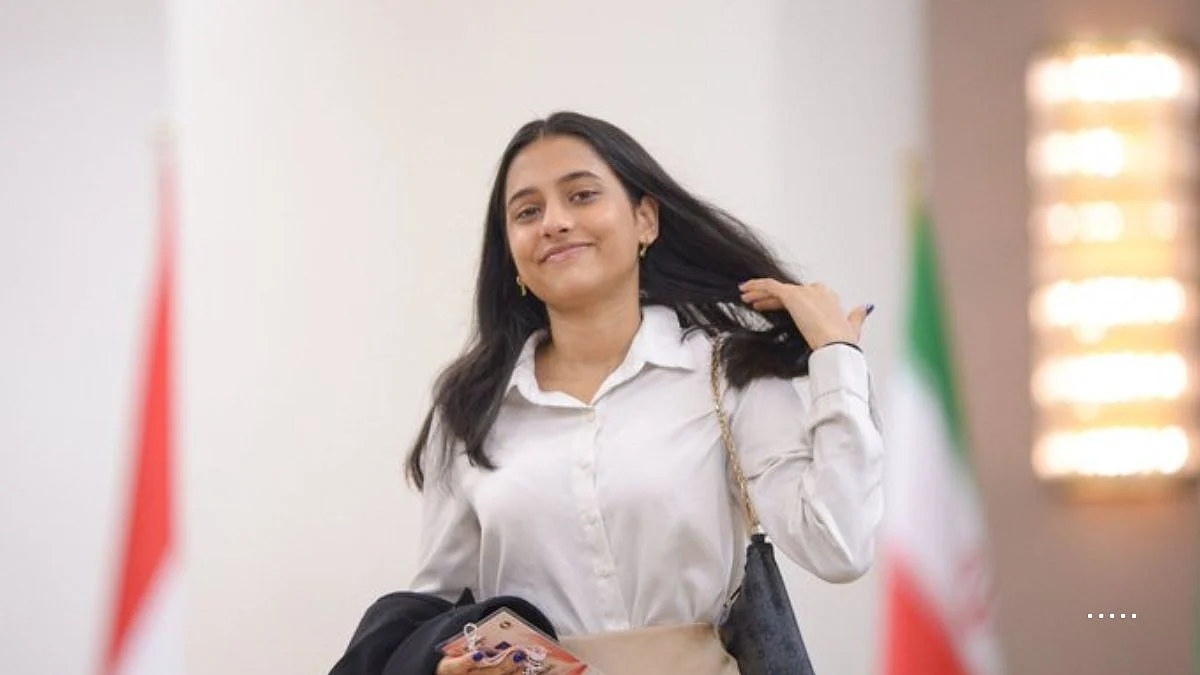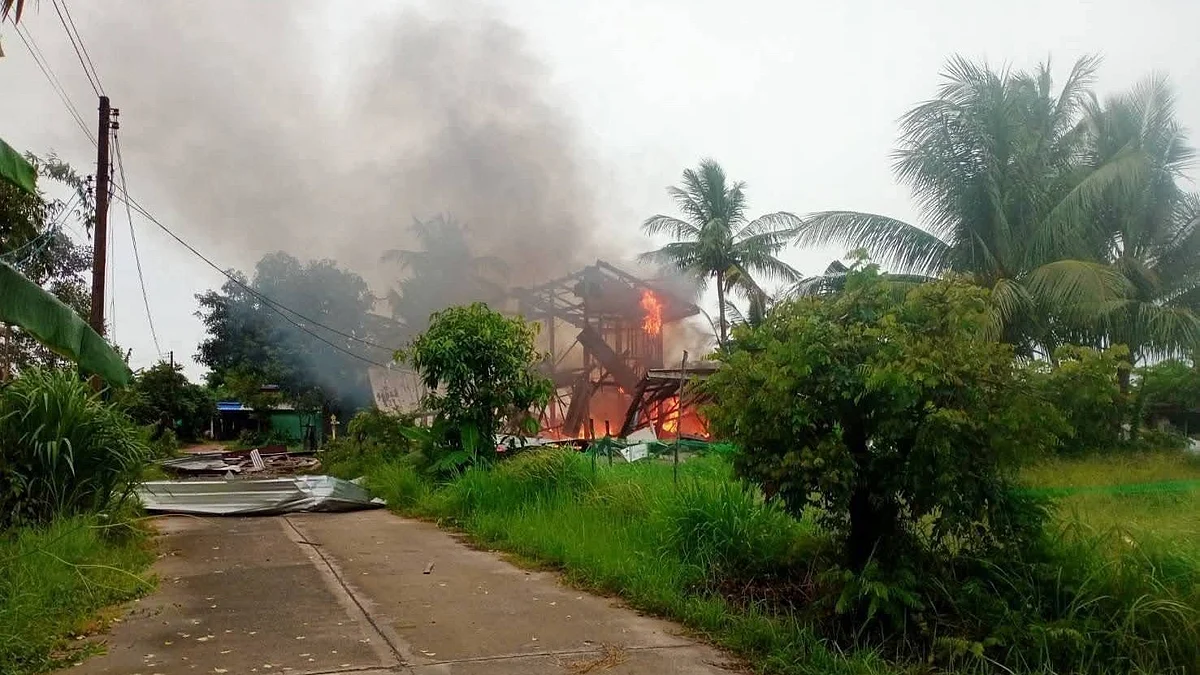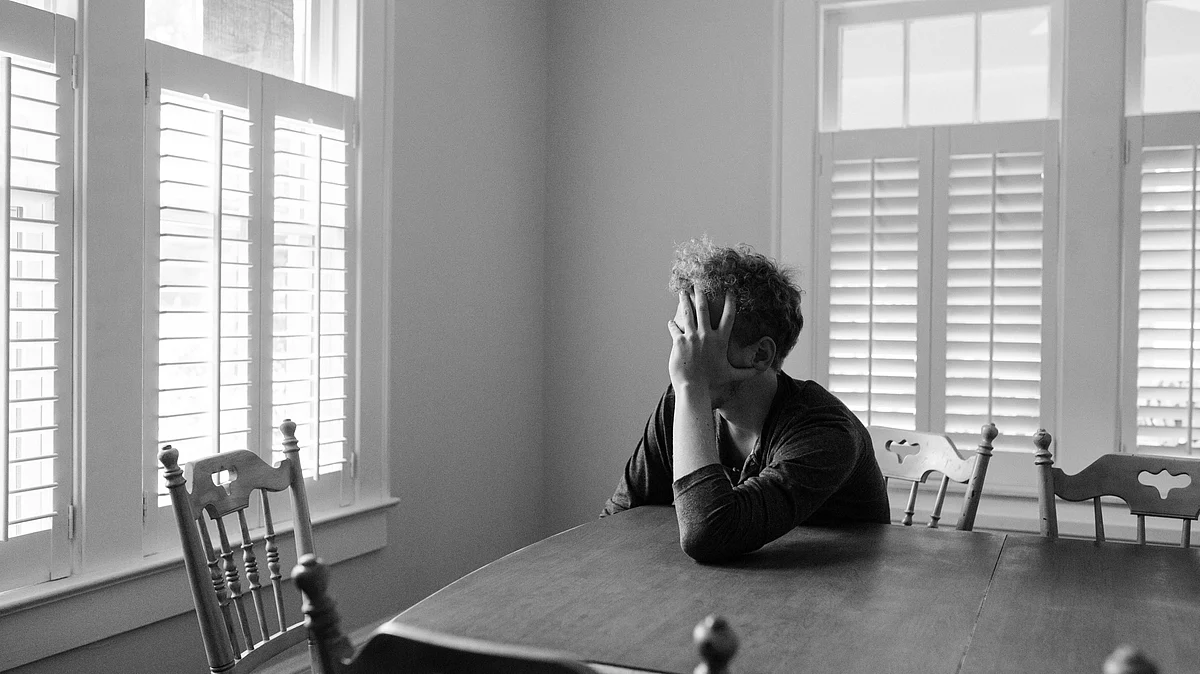Donald Trump’s suspension of funding to the World Health Organisation, citing “mismanagement, cover-ups and failures” in the unfolding coronavirus crisis, is nothing new. The US, especially under Republican administrations, is forever walking out of international organisations that do not dance to its tune. In 1984, it withdrew from UNESCO whose director-general, Amadou-Mahtar M'Bow, was described in a New York Times article as "an ambitious man who has cultivated back-scratching to a fine art". A decade after his term ended, Mr M’Bow was hailed as UNESCO’s best head ever.
That was the first US retreat from UNESCO when Ronald Reagan led what seemed like a personal global crusade against Mr M’Bow. The US rejoined in 2003 but left again 14 years later. The real reason for deciding to withdraw in October 2017, with Benjamin Netanyahu following suit, seems to be what they saw as UNESCO’s pro-Palestine stance. That was unacceptable to Mr Trump’s son-in-law and adviser, the Zionist Jared Kushner. Zionists denounced UNESCO for criticising Israel’s occupation of east Jerusalem, naming ancient Jewish sites as Palestinian heritage sites and granting full membership to Palestine.
UNESCO’s new director-general, Audrey Azoulay, a former French civil servant and politician who was France's culture minister, boasts both Jewish and Moroccan ancestors. Ms Azoulay has presided over the launch of a Holocaust education website and the UN’s first educational guidelines on fighting anti-Semitism — initiatives that might be seen as responding to American and Israeli concerns. Although neither has responded, the withdrawals will not cripple UNESCO financially since it has been dealing with a funding crunch since 2011 when both Israel and the US stopped paying. Officials estimate that the US — which accounted for around 22 per cent of the total budget — owes $600 million in unpaid dues, which was one reason for Mr Trump’s withdrawal. Israel owes about $10 million.
In contrast, US withdrawal from the WHO means defunding a multilateral health body that is the only global backbone of the fight against COVID-19. It will put the health and safety of hundreds of millions of people, especially in the developing world, in greater peril. President Trump’s reckless decision goes against humanity at a time when the organisation warns the “worst is still ahead” in the coronavirus pandemic.
Founded in 1948 and now with 194 member states, the WHO is designed to promote the highest standard of human health by playing the dual role of pre-eminent information hub and chief coordinator in times of global health emergencies. Even as the world is locked in a fight to contain the spread of the coronavirus, other public health threats, such as the Ebola outbreak in the Democratic Republic of Congo, continue unabated. In fact, the WHO faces multiple challenges, ranging from capacity building in allocating multilateral resources to forging partnerships with a growing number of actors in international public health governance.
There is no denying that as one of the first signatories to the WHO constitution, the US has long been its most generous patron, accounting for 34 per cent of total voluntary funds for the public health emergency response, 16 per cent of humanitarian aid funds, and 22 per cent of national dues, significantly more than any other nation. An abrupt halt to US funding will certainly hobble the WHO’s antivirus efforts, programmes for frontline health workers and investment in medical research.
Far from being checked in the West, COVID-19’s march is now threatening the developing world in Africa, Latin America, and South and West Asia where under-resourced and understaffed health services make virus containment more difficult. Given the high global death toll and number of confirmed cases worldwide, fatalities could soar into the millions if the pandemic far outpaces local containment efforts in the world’s most vulnerable regions.
With the International Monetary Fund projecting that the global economy will contract by 3 per cent this year because of the pandemic, the economies of developing and underdeveloped nations will be dealt a devastating blow if the flows of global trade and travel cannot be restored to pre-crisis levels. Even if the developing world is largely spared mass infections, life for the poor will only get harder in the expected worldwide recession. Mr Trump’s decision was all the more regrettable because it followed the release of a G20 joint statement calling for concerted international efforts to “close the financing gap in the WHO Strategic Preparedness and Response Plan”. Moreover, it was taken on the fabricated grounds that the organisation was obeying China’s bidding.
The withdrawal might pander to a certain isolationist section of Republican voters, but betrays the global responsibility inherent in the Lone Superpower’s strength and authority. No wonder it has been widely criticised even by informed Americans. Washington’s European allies have also lined up behind the WHO. Britain has pledged $81 million and the European Union is finalising plans to provide additional funds for the WHO’s virus response and is working on countering the impact of an unscrupulous Trump administration acting with complete disdain for global opinion or public welfare.
The American Medical Association called the decision “a dangerous step in the wrong direction”. Dr Tom Inglesby, director of Johns Hopkins University’s Centre for Health Security, said now is the worst time to undermine WHO efforts by cutting off its funding and the US would be worse off because of it. For Richard Horton, editor-in-chief of The Lancet, it is a crime against humanity. He tweeted: “Every scientist, every health worker, every citizen must resist and rebel against this appalling betrayal of global solidarity.” In a thinly veiled rebuke to the President, Microsoft co-founder and philanthropist Bill Gates also tweeted: “Halting funding for the World Health Organisation during a world health crisis is as dangerous as it sounds.”
When the lives and safety of hundreds of millions of people around the world are threatened by a microscopic enemy that cannot be stopped by borders or bullets, the fastest way to defeat it is to form the broadest possible global coalition to pool resources and coordinate actions. Instead of arguing over who is to blame and who should wield greater influence in the WHO, the world’s focus should be on life itself.
Mr Trump and his advisers must know that the guidance and help the WHO provides are indispensable, especially to the developing world. No other organisation in the UN system, or elsewhere, can fulfil these functions. Neither can the US set up a new specialised institution in its place overnight. At this critical moment, keeping up the WHO’s aid operations across the world, rather than reducing its resources, is the only sane course of action.
The writer is the author of several books and a regular media columnist.










